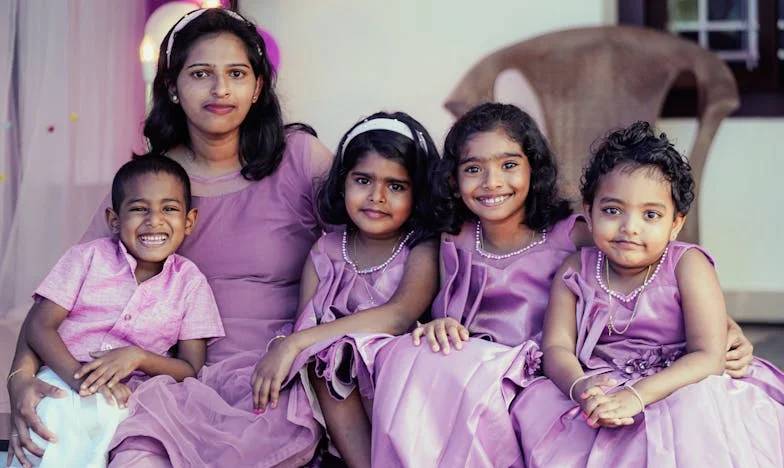“I Disagree with My Mother’s Decision on the Estate Division: Some Grandchildren Get Everything, Others Get Nothing”
When my brother passed away unexpectedly, he left behind a wife, Emily, and two young children, Jake and Lily. Jake was three years old, and Lily was almost two. They were living in our mother’s house at the time, a modest but comfortable home in a quiet neighborhood in Ohio.
My mother, always the matriarch, took charge of the situation. She immediately told Emily that she could stay in the house as long as she needed. Emily was grateful; she had no family nearby and no immediate means to support herself and the kids.
As time went on, my mother began to make decisions about the division of my brother’s estate. My brother had a small savings account, some personal belongings, and a life insurance policy. My mother decided that the life insurance money would be put into a trust for Jake and Lily’s education. This seemed fair to everyone at first.
However, things took a turn when my mother started distributing my brother’s personal belongings. She gave his car to our cousin Mark, who had just turned 16 and needed a vehicle. She gave his collection of rare books to our niece Sarah, who was an avid reader. She even gave his prized guitar to our nephew Tom, who had recently started taking music lessons.
Emily was hurt but didn’t say anything at first. She was still grieving and trying to keep things together for her kids. But as more and more of my brother’s belongings were given away to other family members, she began to feel that her children were being left out.
One day, Emily finally spoke up. She asked my mother why Jake and Lily weren’t getting any of their father’s belongings. My mother responded that she was trying to help out other family members who could use the items more immediately. She assured Emily that the trust fund would be more beneficial for Jake and Lily in the long run.
Emily wasn’t satisfied with this answer. She felt that her children deserved to have some tangible memories of their father, not just a trust fund they wouldn’t see for years. She tried to reason with my mother, but my mother was firm in her decision.
Feeling increasingly isolated and unsupported, Emily decided to move out of my mother’s house. She found a small apartment nearby and started working part-time to make ends meet. It was a struggle, but she felt it was important to create a new life for herself and her children.
As the years went by, the family gatherings became more strained. Emily rarely attended, and when she did, there was a palpable tension in the air. Jake and Lily grew up with little connection to their father’s side of the family. They knew about the trust fund but felt it was a poor substitute for the personal items that had been given away.
My mother never wavered in her belief that she had done the right thing. She often said that she had helped out many family members who were in need at the time. But as I watched Jake and Lily grow up without those tangible connections to their father, I couldn’t help but feel that something had been lost.
In the end, there was no happy resolution. The family remained divided over my mother’s decisions. Jake and Lily eventually used the trust fund for their education, but they always felt a sense of loss for the personal items they never received. Emily did her best to raise them on her own, but the rift with our side of the family never fully healed.
